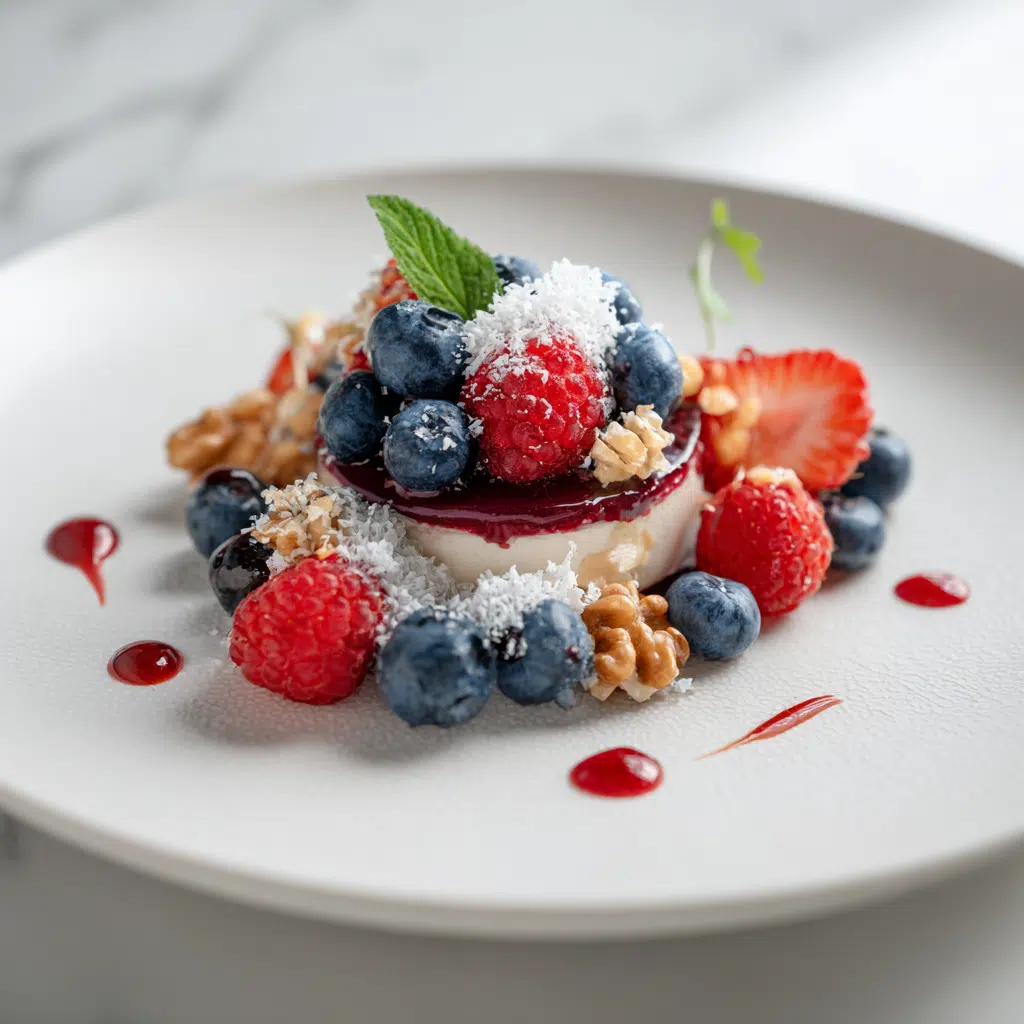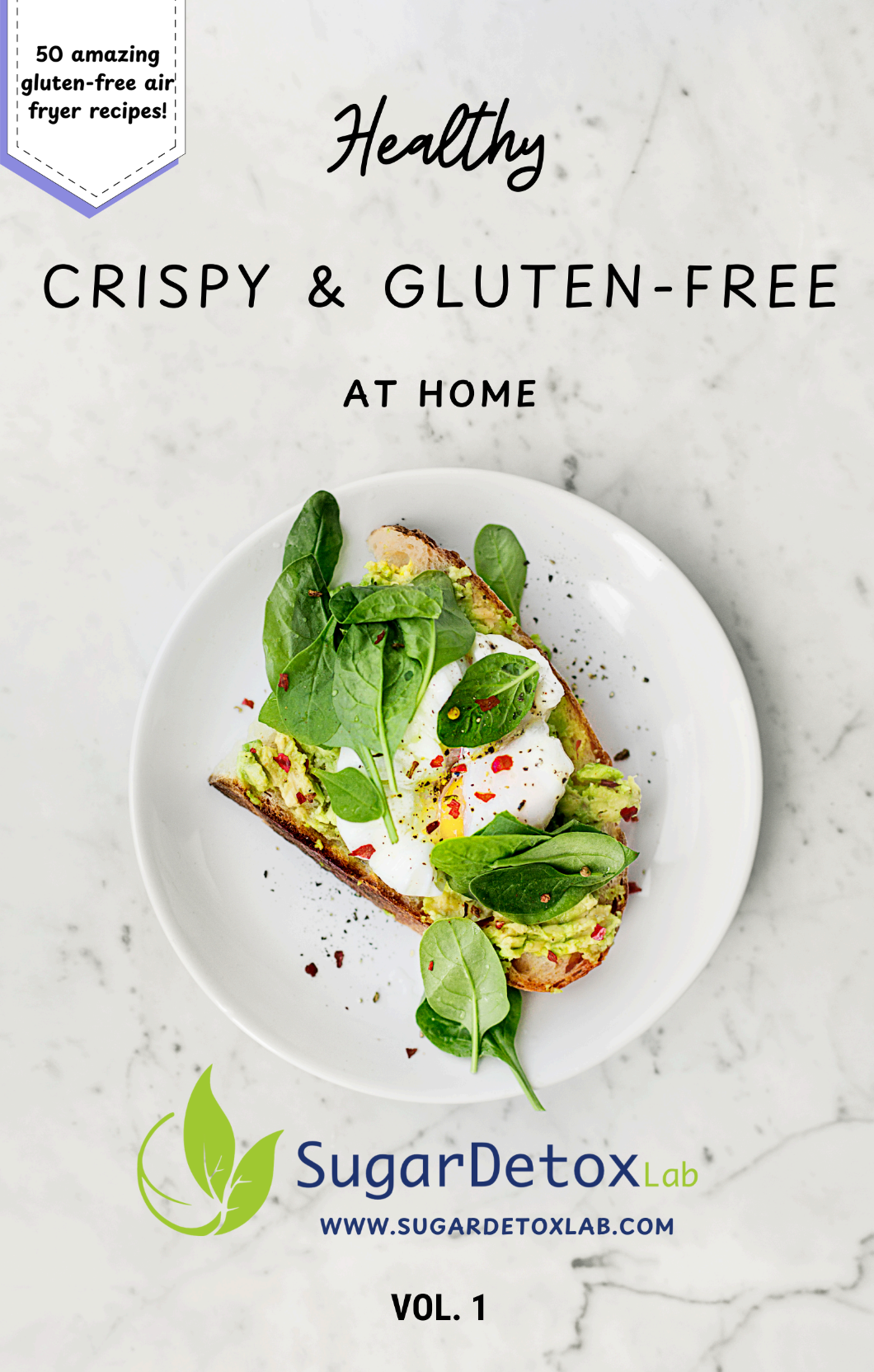When we think about mental health, we often focus on therapy, medication, or stress management techniques. However, there’s a powerful connection between what we eat and how we feel that deserves equal attention. Your mental well-being is just as important as your physical health, and emerging research shows that reducing sugar intake can play a significant role in supporting emotional balance and cognitive function.
Sugar crashes, mood swings, and brain fog are more than just temporary inconveniences—they’re signs that our dietary choices are impacting our mental health. This mood-stabilizing berry smoothie bowl offers a delicious way to start your day while supporting your mental wellness journey through nutrient-dense, sugar-free ingredients that help maintain steady energy and balanced emotions.
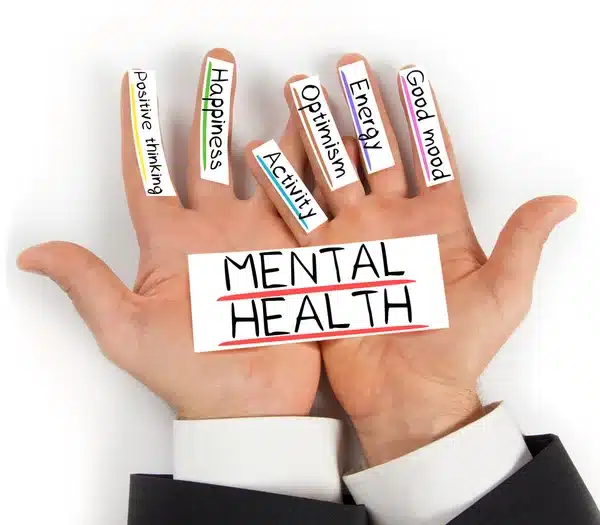
What Is Mental Health and Why Nutrition Matters
Mental health encompasses our emotional, psychological, and social well-being, affecting how we think, feel, and act in daily life. According to the World Health Organization, mental health is fundamental to our collective and individual ability as humans to think, emote, interact with each other, earn a living, and enjoy life.
Research increasingly shows that our diet significantly impacts our mental health. Traditional high-sugar diets can create a roller coaster of blood glucose spikes and crashes, leading to mood instability, anxiety, and depression-like symptoms. By adopting a sugar-free approach to eating, we can support more stable moods and clearer thinking.
Women are particularly susceptible to mental health challenges, being more likely to experience depression, anxiety, and stress. Hormonal shifts during the menstrual cycle, after childbirth (postpartum depression), and during perimenopause can significantly impact mood, making nutritional support even more crucial.

Health Benefits of Sugar-Free Mental Wellness Foods
This berry smoothie bowl is packed with ingredients specifically chosen to support mental health while maintaining stable blood sugar levels. The combination of low-glycemic berries provides powerful antioxidants called anthocyanins, which cross the blood-brain barrier and may help protect against cognitive decline and mood disorders.
The healthy fats from coconut milk and nuts support neurotransmitter production, while the protein helps maintain steady energy levels throughout the morning. Unlike sugar-laden breakfast options that can trigger anxiety and energy crashes, this nutrient-dense meal provides sustained mental clarity.
Studies suggest that diets rich in omega-3 fatty acids, antioxidants, and B vitamins—all present in this recipe—may help reduce inflammation in the brain and support the production of mood-regulating neurotransmitters like serotonin and dopamine. This makes it an excellent choice for those following keto, paleo, or general clean-eating approaches while prioritizing their mental health.
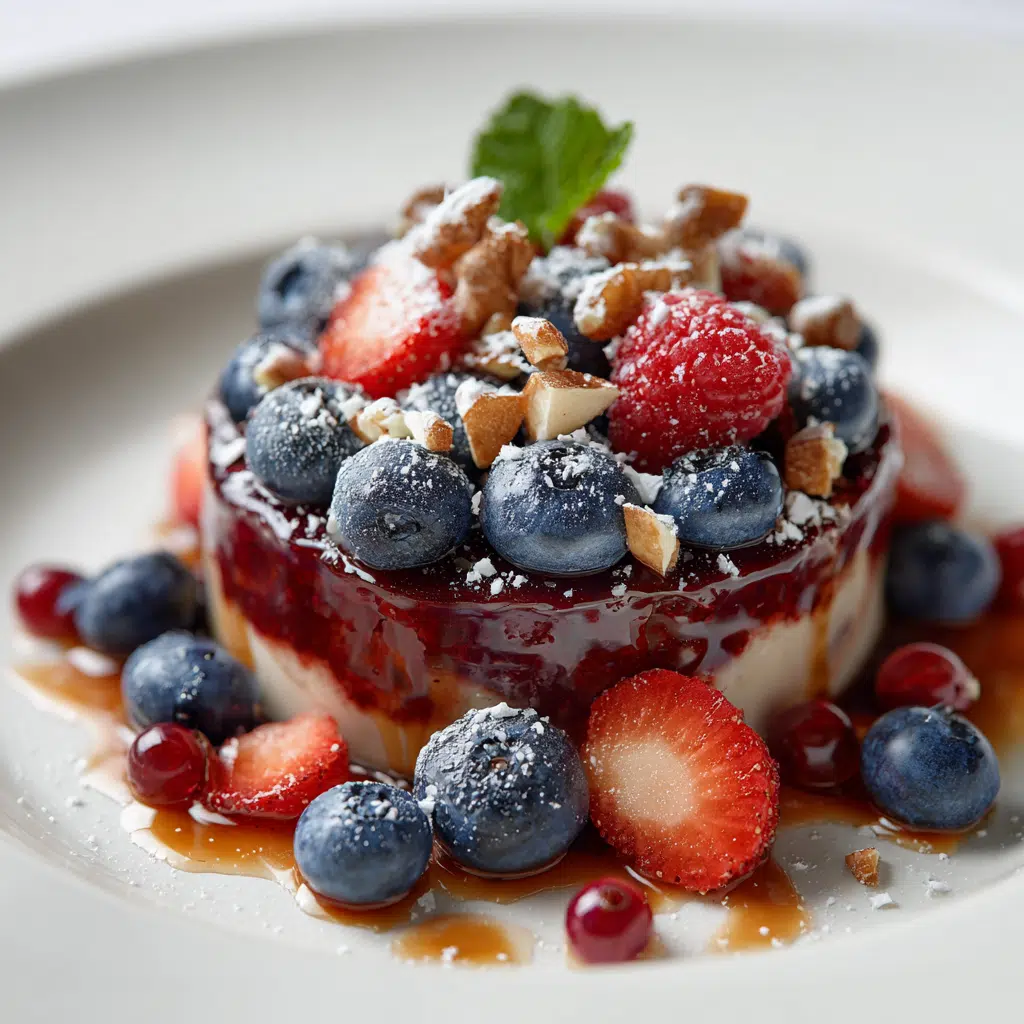
Challenges and Practical Solutions
One common challenge when transitioning to sugar-free eating for mental health is managing initial cravings and potential mood fluctuations as your body adjusts. The natural sweetness from berries helps satisfy sugar cravings while providing fiber to slow absorption and prevent blood sugar spikes.
Some people worry that removing sugar will make food less enjoyable, potentially affecting their relationship with eating and overall mental well-being. However, this recipe proves that nutritious food can be both satisfying and delicious. The creamy texture and vibrant colors make it as appealing visually as it is nutritionally.
Another consideration is meal prep time during busy mornings when mental energy might be low. This smoothie bowl can be partially prepared the night before, with frozen ingredients ready to blend quickly when needed.
hearts. Those following a vegan diet can use plant-based protein powder. Store any leftover smoothie mixture in the refrigerator for up to 24 hours, though texture is best when fresh.
Tips and Trends for Mental Health-Focused Nutrition
AI-powered meal planning apps are making it easier than ever to create personalized nutrition plans that support mental health goals. These tools can help track how different foods affect your mood and energy levels, making it easier to identify patterns and optimize your diet for mental wellness.
Popular sugar-free alternatives like monk fruit, stevia, and erythritol are becoming more widely available, making it easier to satisfy sweet cravings without the blood sugar disruption that can negatively impact mental health. The key is understanding how different sweeteners affect your individual body and mood.
Kitchen tools like high-speed blenders and meal prep containers are essential for maintaining consistent healthy eating habits that support mental wellness. Having the right equipment makes it easier to stick with nutritious choices even during challenging times when mental energy is low.
Consider incorporating adaptogenic herbs and superfoods known for their stress-reducing properties into your sugar-free meals. Ingredients like ashwagandha, maca root, and cacao can provide additional mental health support while enhancing flavor.
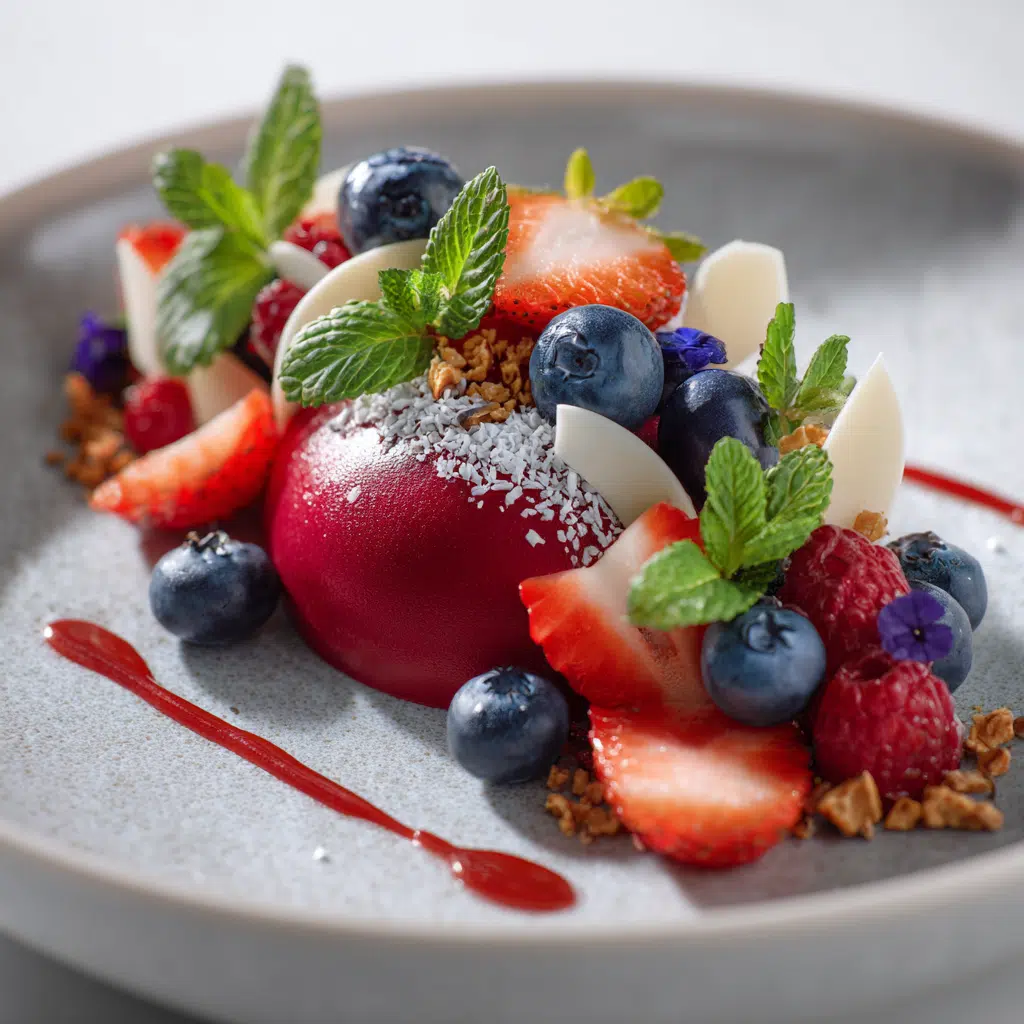
FAQ
Question: Can this smoothie bowl help with anxiety and mood swings?
Answer: Yes, the combination of stable blood sugar from low-glycemic ingredients and mood-supporting nutrients like omega-3s and antioxidants can help reduce anxiety and stabilize moods. However, severe mental health concerns should always be addressed with professional help.
Question: Is this recipe suitable for someone taking antidepressant medication?
Answer: This recipe contains no ingredients that typically interact with mental health medications, but always consult your healthcare provider about dietary changes when taking prescription medications, especially regarding protein powder supplements.
Question: How does eliminating sugar specifically benefit mental health?
Answer: Removing added sugars helps prevent blood glucose spikes and crashes that can trigger anxiety, mood swings, and brain fog. Stable blood sugar supports consistent energy and clearer thinking throughout the day.
Question: Can I make this recipe if I’m dealing with depression and have low energy?
Answer: Absolutely. This recipe is designed for simplicity and can be partially prepared ahead of time. The ingredients provide sustained energy that may help combat the fatigue often associated with depression, though professional support remains important.
Question: Will I still get cravings for sweets with this sugar-free approach?
Answer: Initially, you may experience some cravings as your taste buds adjust, but the natural sweetness from berries and the satisfying fats and protein help reduce sugar cravings over time. Most people find their cravings significantly decrease within 2-3 weeks.
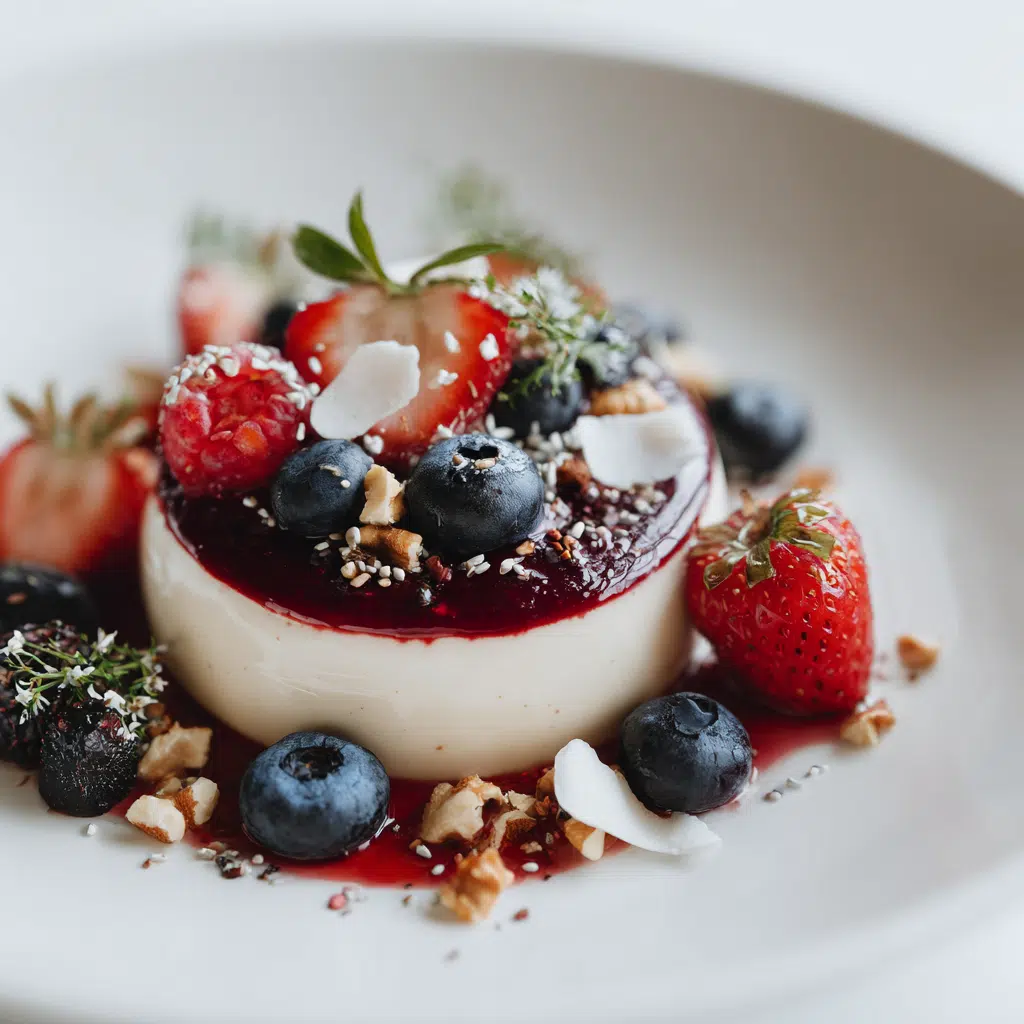
Conclusion
Supporting your mental health through nutrition doesn’t require complicated meal plans or expensive supplements. This simple berry smoothie bowl demonstrates how delicious and satisfying sugar-free eating can be while providing your brain with the nutrients it needs to function optimally.
Remember that seeking help from therapists, counselors, or healthcare providers is a sign of strength, not weakness. Combining professional mental health support with mindful nutrition creates a comprehensive approach to wellness that addresses both the psychological and physiological aspects of mental health.
Ready to explore more ways that sugar-free living can support your mental wellness journey? Visit sugardetoxlab.com for additional recipes, meal planning tips, and resources designed to help you feel your best from the inside out. Try this recipe and share your experience in the comments below—your story might inspire someone else to take their first step toward better mental health through nutrition.
Mental Health Sugar-Free Berry Smoothie Bowl Recipe. Support your mental health with this sugar-free berry smoothie bowl. Packed with mood-stabilizing nutrients for better emotional balance.




